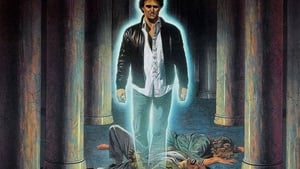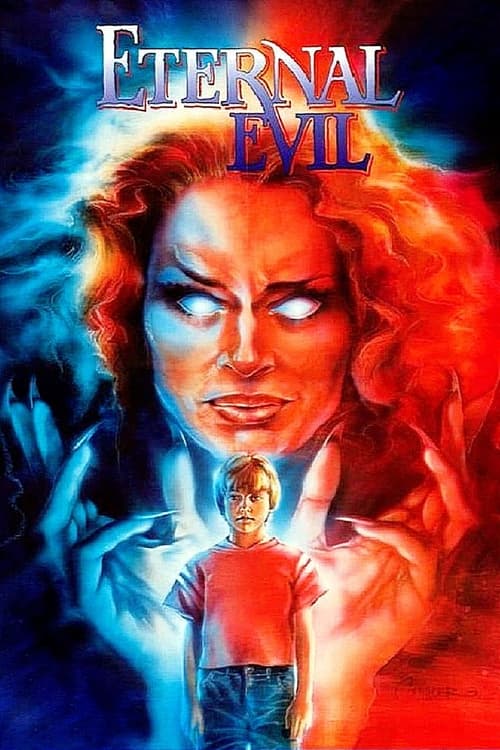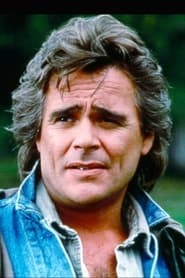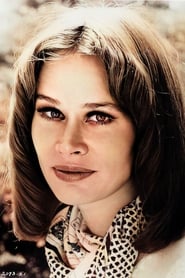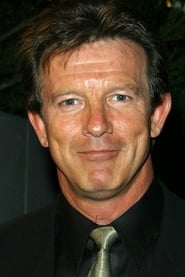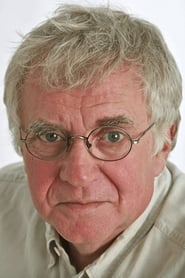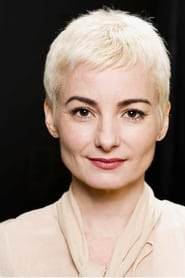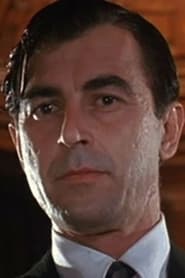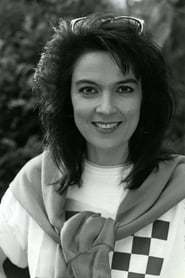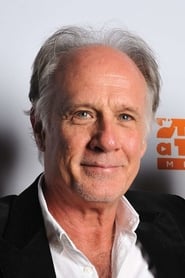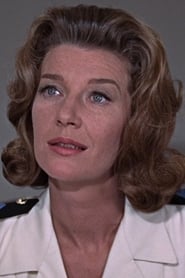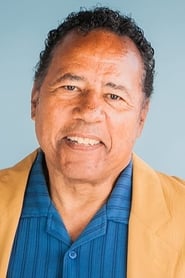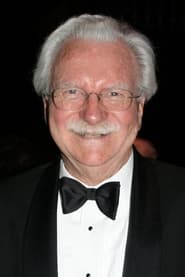Cast
View AllWinston Rekert
as Paul Sharpe
Karen Black
as Janus
John Novak
as Kauffman
Patty Talbot
as Jennifer Sharpe
Vlasta Vrana
as Scott
Andrew Bednarski
as Matthew Sharpe
Bronwen Booth
as Isis
Tom Rack
as Dr. Meister
Joanne Côté
as Helen
Philip Spensley
as Bill Pearson
Ron Lea
as Mick
Lois Maxwell
as Monica Duval
Anthony Sherwood
as Jensen
Walter Massey
as John Westmore
Roland Nincheri
as Client
Crew
Director
- George Mihalka
Writer
- Robert Geoffrion
Producer
- Buck Houghton
- Pieter Kroonenburg
Reviews
talisencrw
To me, Karen Black is one of the saving graces of B-movie cinema. Gorgeous yet cross-eyed, and gifted with an extremely complex personality, she can single-handedly make a film both enjoyable and endlessly watchable (for example, compare the lifeless 'Torn Curtain', with Paul Newman and Julie Andrews, with 'Family Plot', which starred Black with Bruce Dern--on paper, TC should have been much better than FP, but it simply isn't). Before watching this low-budget, Canadian-made suspenseful thriller on the horrific possibilities of astral projection, I loved watching her in films as diverse as 'Easy Rider', 'Five Easy Pieces', 'Nashville', 'Airport 1975', 'The Pyx' and 'Invaders from Mars', and here, she's the only name actor (other than wonderful cameos by the likes of Lois Maxwell, who starred as Miss Moneypenny in the Bond films).
Because it's so low-budget, it has to work on atmosphere. I wish Black had more screen-time--her co-star is a bizarre cross between Dudley Moore and Willem Dafoe, without much character or charisma, though he tries his best. The soundtrack is spotty--some of it really works well, in its delineation of various cultures, especially. Some of its themes seemed to be heavily influenced by Tangerine Dream's 'Le Parc' album, from that period. If you have patience with the flow, it's a particularly rewarding endeavor. The big reveal at the end is well-done, though it would have made more sense had the postcard been mailed. It just being left on the restaurant table, from who knows what location in the world, is most probably meaningless.
Apr 18, 2016
Thematic Analysis
This Horror/Science Fiction film explores themes of fear and survival, delving into the psychological aspects of human nature when confronted with the unknown. Eternal Evil presents a unique perspective on the horror genre by focusing on the psychological terror rather than relying on typical jump scares.
Director George Mihalka brings their distinctive visual style to this film, continuing their exploration of themes seen in their previous works while adding new elements. Their approach to pacing and visual storytelling creates a viewing experience that rewards close attention.
Released in 1985, the film exists within a cultural context that now offers viewers historical perspective on the social issues of that era. Its reception demonstrates the diverse reactions to its artistic choices and its place in cinema history.
Did You Know?
- The production of Eternal Evil took approximately 15 months from pre-production to final cut.
- The final cut of the film runs for 85 minutes, though the director's initial assembly was reportedly 131 minutes long.
- The costume department created over 266 unique costume pieces for the production.
- Some visual effects sequences took up to 7 months to complete.
- The film contains approximately 1352 individual shots.
Historical Context
- In 1985, when this film was released:
- MTV launched, changing how music was marketed and consumed.
- The Cold War was entering its final phase.
- Independent cinema was growing in influence, challenging the dominance of major studios.
How This Film Stands Out
While Eternal Evil shares thematic elements with other films in its genre, it distinguishes itself through its unique approach to storytelling, visual style, and character development.
Unlike Cold Prey, which focuses more on action than character development, Eternal Evil subverts genre expectations by exploring its themes with greater nuance.
While films like Elder Island and A Nightmare on Elm Street Part 2: Freddy's Revenge explore similar territory, Eternal Evil stands apart through its distinctive directorial vision and pacing.
This film's unique contribution to cinema lies in its thoughtful balance of entertainment value and thematic depth, making it a valuable addition to its genre.
Details
- Release Date: January 4, 1985
- Runtime: 1h 25m
Where to Watch

